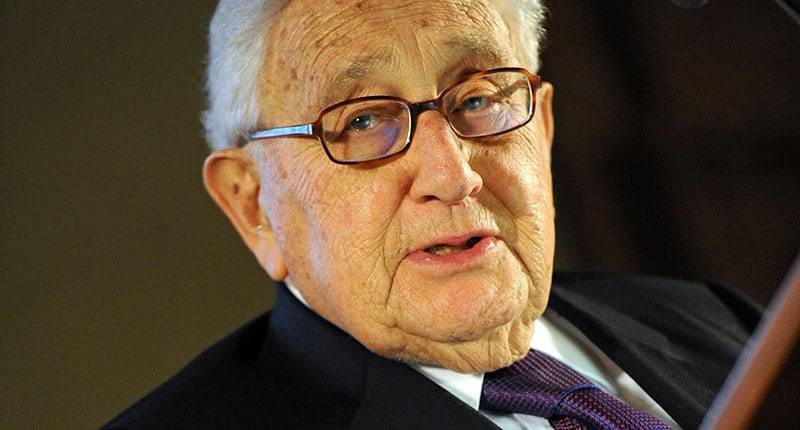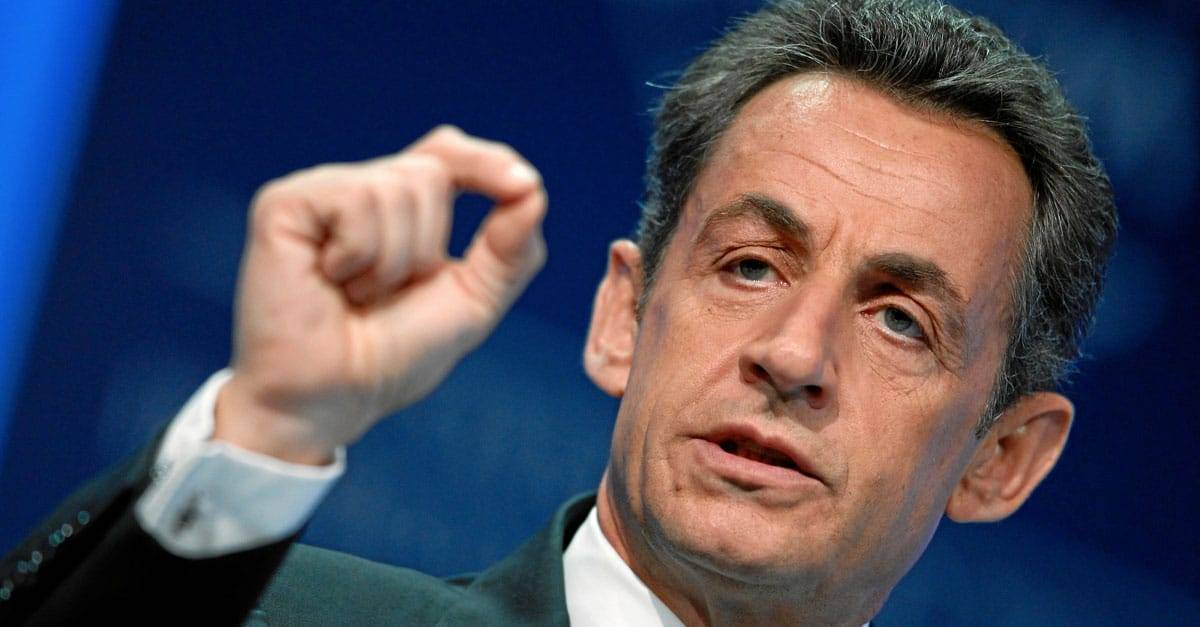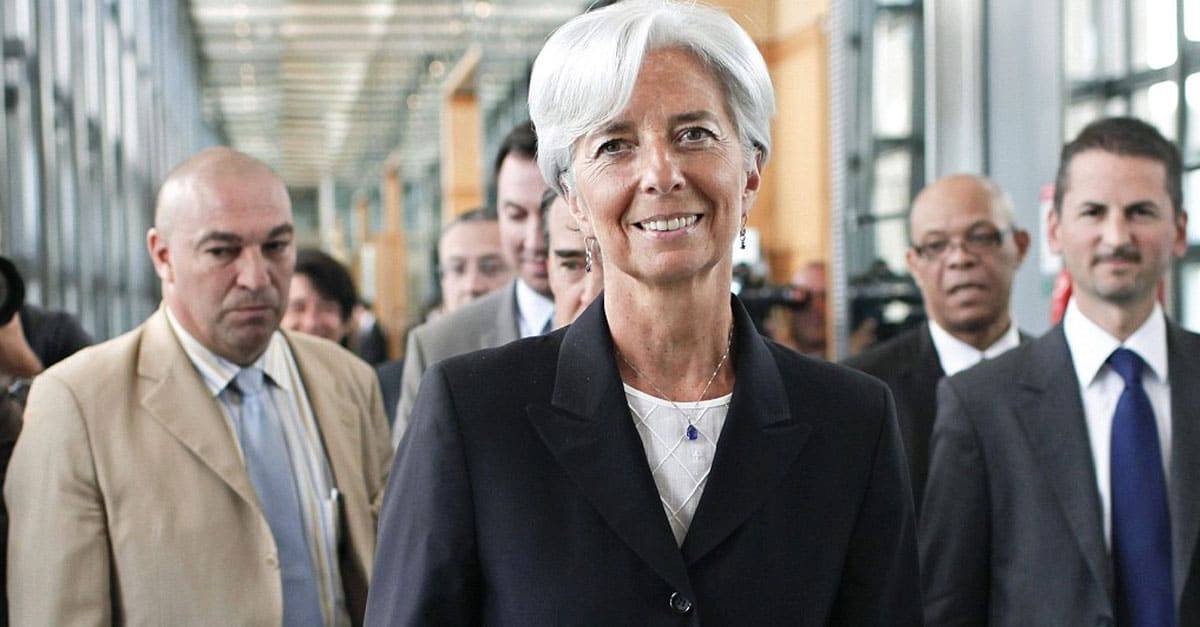
The Architect of Foreign Relations: A Diplomatic Maestro
Henry Kissinger, born in Germany in 1923, is renowned for his pivotal role in shaping U.S. foreign policy during the Cold War era. Serving as the National Security Advisor and later as the Secretary of State under Presidents Nixon and Ford, Kissinger masterfully navigated the complex landscape of international relations.
One of his most notable achievements was the normalisation of relations with China, a move that reshaped the global geopolitical landscape. The famous “ping-pong diplomacy” paved the way for diplomatic ties between the U.S. and China, showcasing Kissinger’s ability to navigate complex international relationships.
The Nobel Laureate Economist: Melding Politics and Finance
Beyond his political prowess, Kissinger’s foray into economic thought earned him recognition in financial circles. His insights into the interplay between political stability and economic prosperity provided a foundation for understanding global markets.
As a Nobel laureate economist, Kissinger’s work underscores the symbiotic relationship between political decisions and financial outcomes. Investors navigating the uncertainties of today’s global economy can draw inspiration from Kissinger’s interdisciplinary approach, recognizing that geopolitical events hold significant sway over market dynamics.
Wealth Aggregation: Simple, Dynamic, and Secure Beyond Compare. Discover the Altoo Wealth Platform!
Legacy and Criticisms
As with any towering figure, Kissinger’s legacy is not without controversy. While admirers laud his strategic brilliance, critics point to the dark shadows cast by decisions made during his tenure, particularly in relation to the Vietnam War and alleged covert operations.
Nevertheless, Kissinger’s influence endures. His books, including “Diplomacy” and “World Order,” continue to shape the discourse on global politics and economics. His pragmatic approach to diplomacy, often referred to as “Realpolitik,” remains a relevant guide for policymakers navigating the complexities of the modern world.
From Statesman to Consultant: Kissinger’s Post-Government Financial Impact
Post his government tenure, Kissinger transitioned into a role as a consultant and advisor, founding Kissinger Associates, Inc. in 1982. This consultancy firm, with its focus on geopolitical risk assessment and strategic advice, became a sought-after resource for multinational corporations navigating complex global environments. The financial world sought Kissinger’s insights not just for his political acumen but for his ability to foresee geopolitical events that could shape economic landscapes.
In an era where geopolitical uncertainties continue to shape financial trajectories, understanding the interplay between statesmanship and finance becomes paramount. Henry Kissinger, with his indelible mark on both spheres, remains a compelling case study for those seeking to comprehend the intricate interplay between power, policy, and profit on the global stage.













